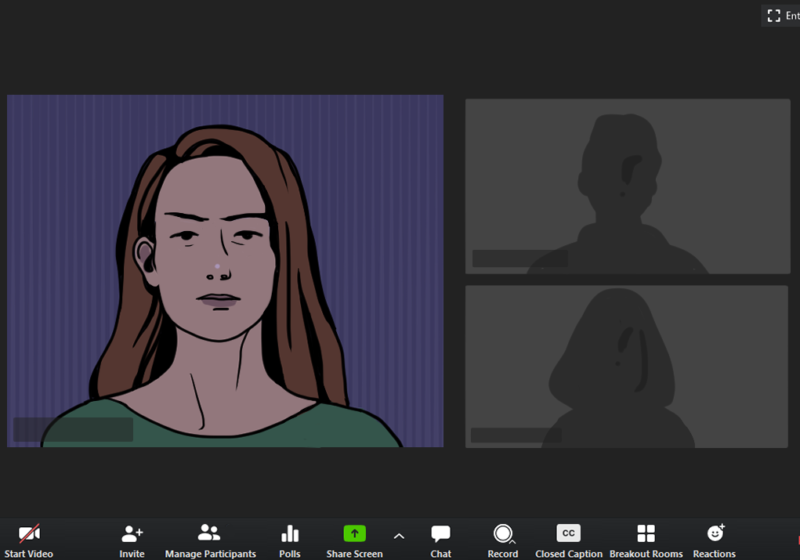It was an unseasonably warm November morning. The Provost had just walked into his office to be greeted by his new assistant, Lisa. “Mr. Provost, we received a complaint today,” she said. “As it turns out, the rodents in Susan B. Anthony Hall have eaten through the wiring that provides power to the building.”
The Provost breathed a frustrated sigh. “If you consult the delegation guidebook, you’ll see that crises that occurred on River Campus must be delegated to the Dean of the Faculty of Arts, Sciences, and Engineering.” It had been a rough second week on the job for Lisa, and she was still learning her way around. “Don’t worry, you’ll get the hang of it,” the Provost said.
(It is at this point that I’d like to note that nobody knows what the title “provost” even means. Are they the president’s deputy? The person in charge of all academics? Does the provost even exist? Hundreds of students have tried to uncover the answer to these questions and have not come back alive. Or at least it would be hundreds if anyone cared about how the administration works. But I digress.)
So Lisa sat down at her computer to work on informing the Dean of the Faculty of Arts, Sciences, and Engineering. “But Mr. Provost, that’s the Dean of the Faculty,” Lisa said. “This is a student issue, not a faculty issue.”
“Yes,” the Provost shouted from his office. “But the Dean of the Faculty of Arts, Sciences, and Engineering is in charge of staff and students at AS&E in addition to faculty.” Lisa nodded, still confused.
Two business days later, Lisa received a reply from the Dean of the Faculty of AS&E’s assistant. “The delegation guide specifies that for student complaints within their dormitories, you reach out to Residential Life and Housing Services,” they wrote.
Lisa laughed it off as a newbie’s mistake. “I’ll get the hang of this,” she told herself. Reassured, she sent a quick email to ResLife.
“I’m sorry,” the director of Undergraduate Residential Life replied. “The delegation guide clearly states that for problems having to do with rodents, the student should contact Environmental Health and Safety.”
EHS redirected her to Central Utilities since the problem affected the energy supply to dormitories. Central Utilities deflected back to ResLife.
Frustrated, Lisa turned to the 500-page delegation guidebook. On page 319 that she noticed the rule that “when issues arise involving four or more departments or offices, an ad hoc committee shall be formed to address the issue.” There were, of course, 14 exceptions to that rule, but Lisa hoped they wouldn’t matter.
Two weeks later, the ad hoc committee held its first meeting. It included two representatives from ResLife, Facilities, EHS, Eastman, Faculty, Central Utilities, the Medical Center, Public Safety, Dining Services, Admissions, and the student body president, who didn’t even live in Sue B. Quickly, the committee was fast at work planning the logistics of drafting a proposal to create a meeting schedule.
“Are we not going to talk about the fact that students have been without power for two weeks and there are mice in our dorms?” the student representative asked.
“The scope of this ad hoc committee,” said a professor of electrical engineering who had been put on the committee to ensure faculty representation, “is to solve the long-term problem of power supply to Sue B, not to address the mice problem nor to assist students without power. ”
Just two months after the committee had been formed, all of the wires had been reconnected, and power was restored.
But student complaints about rodents in dorms kept coming. Lisa felt confident that reaching out to EHS would do the trick. But EHS told her to talk to ResLife.
At this point, Lisa had had enough. “This delegation guide needs to be burned,” she told the Provost. “Or at least we need to simplify it.”
And just like that, Lisa was in charge of a new ad hoc committee to rethink the University’s delegation procedures.






